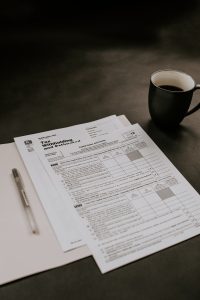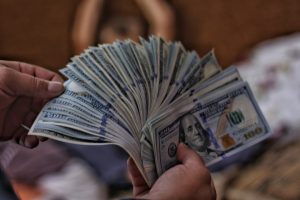Forex trading is the exchange of one currency for another in the global marketplace. Banks play a crucial role in this market as they act as both buyers and sellers of foreign currencies. As such, they have specific trading hours and sessions during which they operate.
The forex market operates 24 hours a day, five days a week. This means that trading is continuous throughout the working week, except for weekends. However, this does not mean that banks are always trading forex during this time frame.
Banks trade forex during specific trading sessions. There are four main trading sessions that banks operate in: the Asian, European, American, and Pacific sessions. The Asian session typically starts at 10:00 pm GMT on Sunday and ends at 9:00 am GMT on Friday. The European session starts at 7:00 am GMT and ends at 4:00 pm GMT. The American session starts at 12:00 pm GMT and ends at 9:00 pm GMT. Finally, the Pacific session starts at 9:00 pm GMT and ends at 8:00 am GMT.
These trading sessions are based on the time zones of the major financial centers in the world. The Asian session is centered on Tokyo, the European session on London, the American session on New York, and the Pacific session on Sydney. Banks in each of these regions have specific trading hours that overlap with the other sessions, allowing for continuous trading throughout the week.
During these trading sessions, banks trade forex for a variety of reasons. One reason is to provide liquidity to the market. Banks are the primary source of liquidity in the forex market, as they have access to vast amounts of capital and are able to buy and sell currencies on behalf of their clients. By providing liquidity, banks help to ensure that the market operates smoothly and efficiently.
Another reason banks trade forex is to generate profits. Banks have dedicated forex trading desks that are staffed by skilled traders who use a variety of strategies to generate returns. These traders may use fundamental or technical analysis to identify trading opportunities, and they may trade on behalf of the bank’s clients or for the bank’s own account.
Finally, banks may trade forex to manage risk. Banks have exposure to foreign currencies through their international operations, and they may use forex trading to hedge against currency risk. For example, if a bank has a loan denominated in a foreign currency, it may use forex trading to offset the risk of currency fluctuations.
In conclusion, banks trade forex during specific trading sessions that are based on the time zones of the major financial centers in the world. These sessions allow for continuous trading throughout the week and ensure that the market operates smoothly and efficiently. Banks trade forex for a variety of reasons, including to provide liquidity, generate profits, and manage risk. As such, they play a crucial role in the global forex market.





